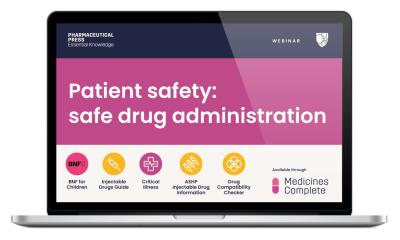Regular intake of NSAIDs reduces breast cancer risk
USA - Non-steroidal anti-inflammatory drugs (NSAIDs) could reduce the risk for breast cancer by 71%, according to recent studies published in the journal BMC Cancer. In colorectal cancer, these protective features of painkillers have already been known to exist for a while.

The recent observational study by epidemiologist Professor Randall E Harris and colleagues, at Ohio State University College of Medicine and Public Health, in Columbus, analysed the data of 323 patients shortly after diagnosis with invasive breast cancer, and compared it with 649 people without cancer. The results of the study indicate that selective COX-2 inhibitors are associated with a significant reduction in breast cancer risk, when they are taken over the course of two years. A daily dose of 200 milligrams of Celebrex (manufactured by Pfizer) reduced the risk by 83 percent, while the ingestion of 25 milligrams of Vioxx (manufactured by Merck) reduced the breast cancer risk by 64%. The regular intake of non-selective COX-2 inhibitors, aspirin and ibuprofen, also demonstrated a favourable reduction in the risk for breast cancer.
Harris, who also examined the effects of selective COX-2 inhibitors on colon, prostate, and lung cancer, said: ‘It’s the first observation in humans that illustrates the positive effect that COX-inhibitors exert on breast cancer risk.’ He has studied the effect of NSAIDs on the development of tumours for 20 years, and swears on their preventive effect - he takes three to four pills of 200 mg ibuprofen weekly, as a precautionary measure for colon cancer. The professor claims to have no personal financial ties to the drug firms.
The study that appeared in BMC Cancer was supported by grants from Pfizer and the National Cancer Institute.
01.05.2006





